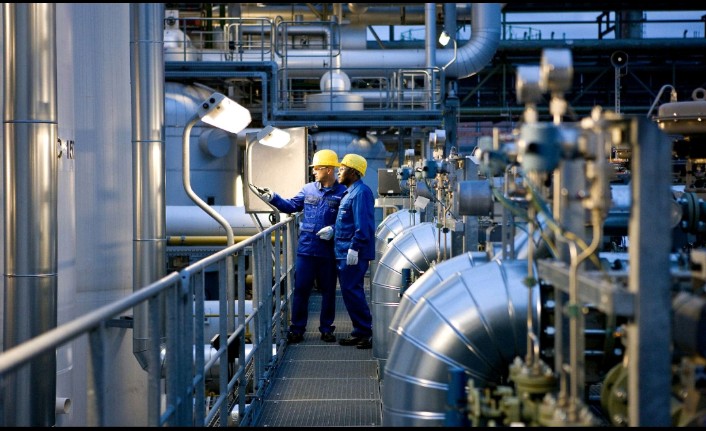A political crisis at home threatens further pain for Germany’s car, banking and energy industries, as they grapple with an increasingly hostile world following the election of Donald Trump and trade tensions with China.
Germany’s governing coalition has collapsed after disagreements over the country’s weak economy led Chancellor Olaf Scholz to sack his finance minister.
Christian Lindner’s dismissal prompted him to withdraw his Free Democrats Party (FDP) from a coalition with Scholz’s Social Democratic Party (SPD), leaving Scholz in a minority government with the Green Party. The coalition has been at loggerheads over how to revive Germany’s economy.
Scholz said he would now call a confidence vote for January 15, which, if he lost, could allow elections to be held by the end of March next year – six months earlier than the elections planned for September 2025.
Germany’s economy, Europe’s largest, shrank last year. Over the last five years, it has grown only 0.2%, compared with 4.6% growth in the 20 countries that use the euro, 4.1% in France and 5.5% in Italy.
The country’s energy-intensive businesses have suffered from the lingering impact of the energy crisis sparked by Russia’s war in Ukraine. Germany’s problems are also structural, ranging from high labour costs, a rapidly ageing population and red tape, to outdated physical and digital infrastructure.
It faces competition from China in the manufacturing of some of its main exports, which has delivered high-profile damage to Germany’s famous automobile industry. Volkswagen, Germany’s largest manufacturer, is considering factory closures in its home country for the first time in its 87-year history.
The collapse of the governing coalition and political uncertainty may serve to bolster support for the far-right like the Alternative für Deutschland (AfD) as people increasingly lose faith in the mainstream parties.






